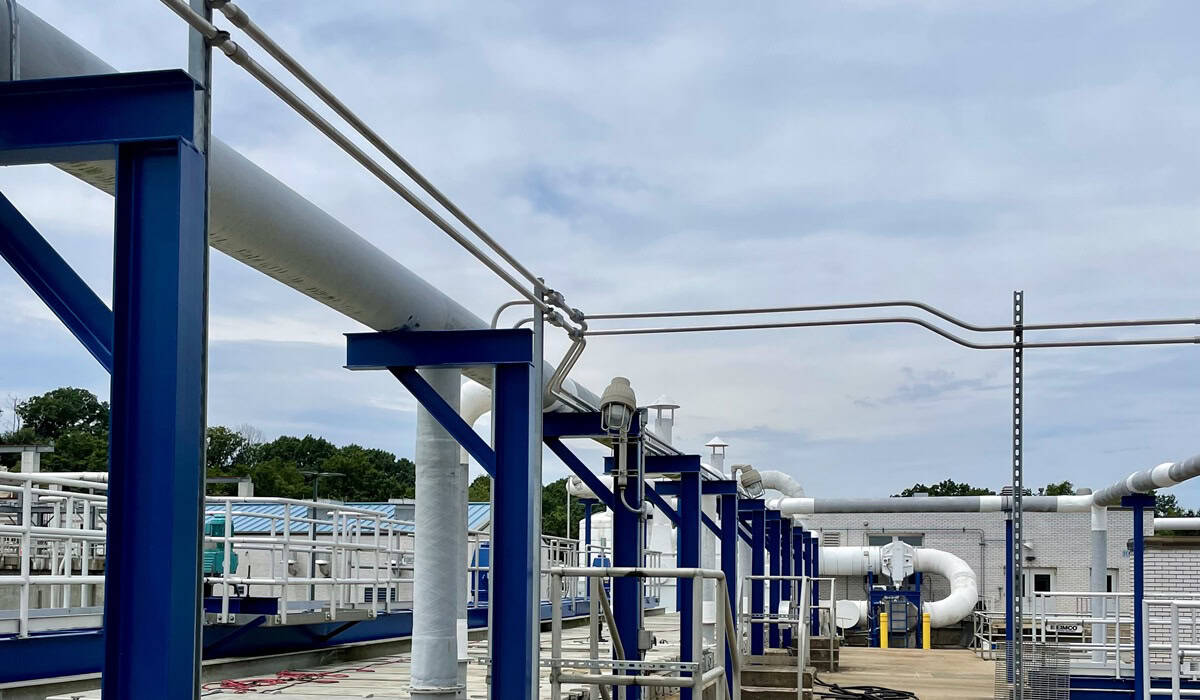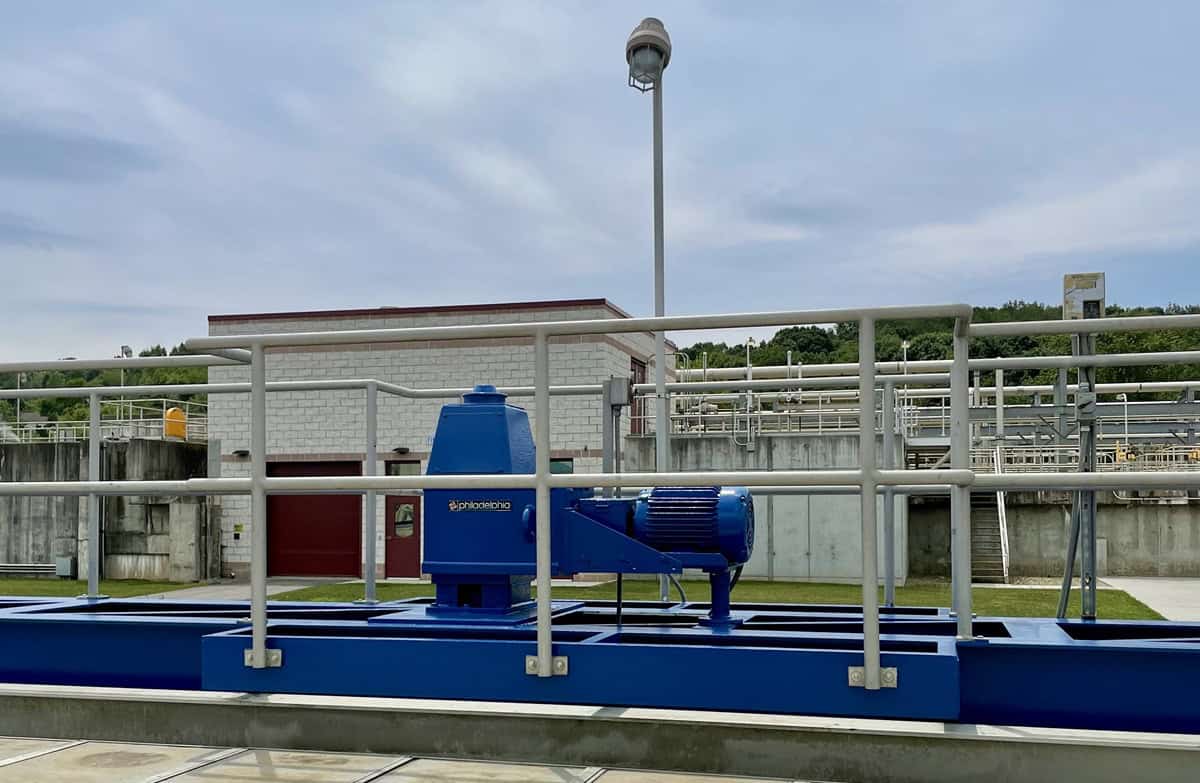When it comes to protecting and improving your property, many business owners wonder whether commercial painting services or industrial coatings are the right choice. Knowing the difference between industrial coatings vs paint can save you money, extend the life of your assets, and help you make the smartest investment for your business.
Key Takeaways:
- Paint is typically for aesthetics and light protection.
- Industrial coatings are engineered for heavy-duty protection in harsh environments.
- The right choice depends on your business needs, environment, and budget.
- Professional advice ensures the best long-term results.

Why the Difference Matters
Paint and industrial coatings may seem similar at first glance—they both add color, enhance appearance, and offer some protection against the elements. However, they serve very different purposes, especially in commercial and industrial settings where performance demands can be extreme. Choosing the wrong one could lead to premature surface failure, more frequent maintenance cycles, unexpected downtime for your operations, and unnecessary costs that impact your bottom line.
What Is Paint?
Paint is a decorative finish that provides color, style, and light surface protection. It’s ideal for offices, retail spaces, and interiors where the primary goal is aesthetics. Most commercial paint is designed for ease of application and affordability.
Pros:
- Enhances appearance – Paint can dramatically transform a space, making it more welcoming and professional.
- Cost-effective upfront – Generally less expensive to purchase and apply, making it budget-friendly for short-term projects.
- Wide range of colors and finishes – Offers countless options in color, sheen, and texture to match branding or style preferences.
Cons:
- Limited durability in harsh conditions – Standard paint can fade, chip, or peel quickly when exposed to moisture, chemicals, or heavy wear.
- Requires more frequent repainting – Surfaces finished with paint may need touch-ups or a full repaint every few years, increasing long-term upkeep costs.
What Are Industrial Coatings?
Industrial coatings are specialized formulas designed to protect surfaces from corrosion, chemicals, extreme temperatures, and wear. They’re common in warehouses, manufacturing plants, and outdoor structures exposed to the elements.
Pros:
- Exceptional durability – Industrial coatings are engineered to withstand years of heavy use, extreme conditions, and constant exposure without breaking down.
- Long-term cost savings – By reducing the need for frequent touch-ups or replacements, coatings can significantly lower maintenance expenses over time.
- Resistance to corrosion, chemicals, and abrasion – Coatings form a tough barrier that shields surfaces from rust, harsh chemicals, and physical wear, keeping equipment and structures in better condition for longer.
Cons:
- Higher upfront cost – The materials and technology behind industrial coatings are more advanced, which drives up the initial price compared to standard paint.
- More complex application process – Coatings often require specialized equipment, trained applicators, and strict environmental conditions during application to ensure proper adhesion and performance.

Industrial Coatings vs Paint: How to Decide
When weighing industrial coatings vs paint, consider these factors:
- Environment – Think about where the surface will live. If it’s in a warehouse with forklifts, near chemical storage, or outdoors in rain and snow, industrial coatings are built to resist those harsh conditions and keep surfaces intact.
- Budget – Paint is more affordable upfront, making it tempting for quick projects. However, coatings can pay for themselves over time by lowering the frequency and cost of maintenance.
- Maintenance Schedule – Businesses that can’t afford frequent downtime benefit from coatings, which often outlast paint by several years before requiring reapplication.
- Regulatory Requirements – Certain industries—like food processing, healthcare, or marine—may be required to use coatings that meet strict safety or environmental standards.
Cost Considerations
While industrial coatings have a higher upfront price tag, they often provide a better return on investment. In many cases, the extended lifespan of a coating means fewer reapplications over a decade, which can translate into significant savings.
Businesses that choose coatings may go years without reapplication, avoiding not just labor and material costs, but also the operational downtime and productivity loss that can come with frequent repainting.
Why Businesses Choose Coatings
Companies in manufacturing, food processing, and marine industries often opt for coatings because failure of surface protection can lead to expensive repairs, product contamination, production delays, or safety hazards for workers. In environments where equipment runs around the clock or surfaces face constant stress, the right coating can prevent rust, resist chemical spills, withstand extreme temperatures, guard against moisture damage, and handle constant equipment use without breaking down.
Getting Professional Help
Whether you need a fresh coat of paint for a showroom or heavy-duty protection for a warehouse, consulting a professional ensures you get the right product for the job. Experts in commercial painting services can assess your needs, recommend the best option, and apply it correctly for maximum performance.
The Bottom Line
Choosing between industrial coatings vs paint comes down to understanding your environment, goals, and budget. For light-use areas where appearance is the priority, paint is often sufficient. For high-wear, harsh, or regulated environments, industrial coatings are usually worth the investment.
Ready to protect your property and save money long-term? Contact Apex Coating Company, LLC. at 724-903-5904 today for a professional assessment and recommendation tailored to your business needs.





